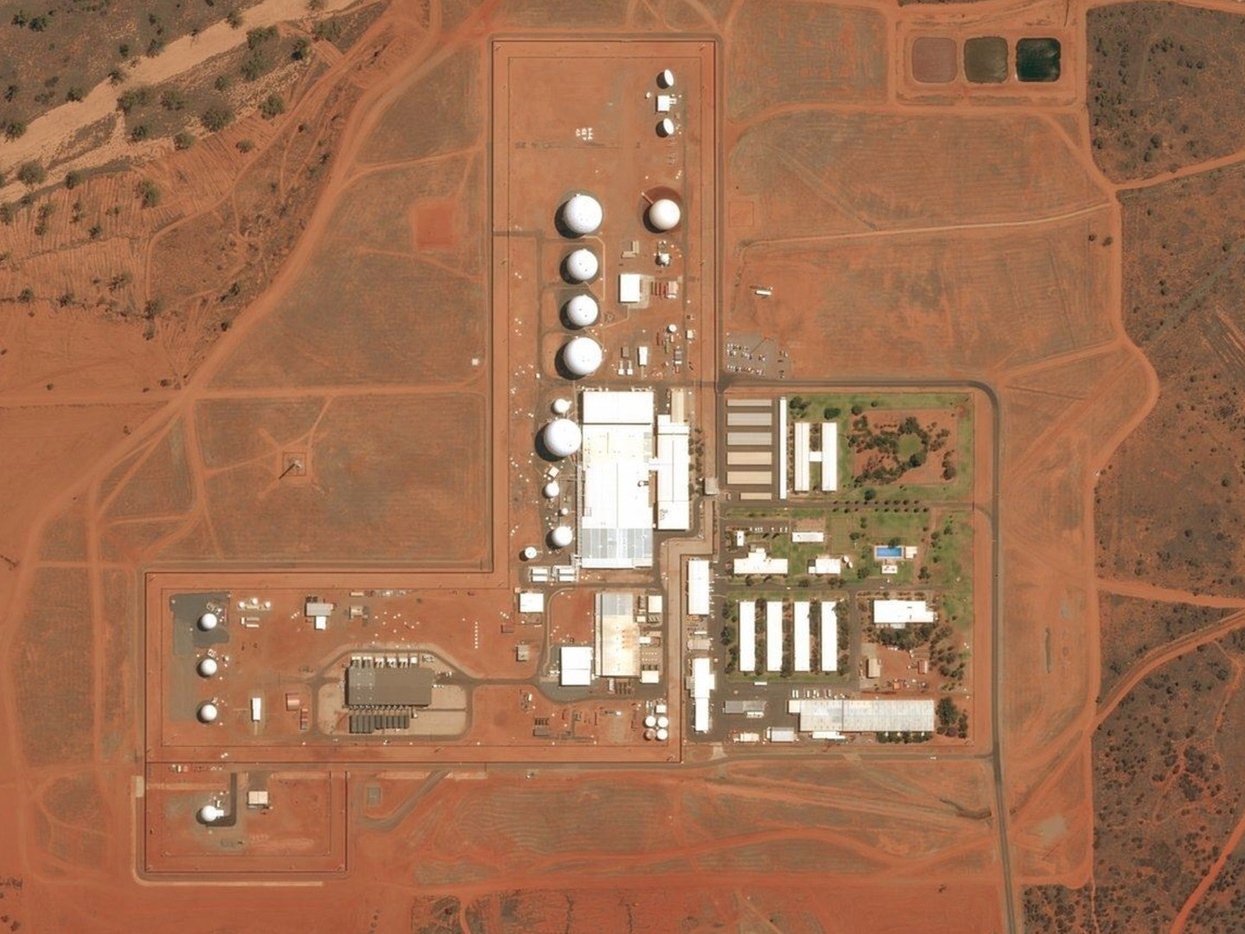Nicholas de Monchaux on Dimensions of Citizenship - and Surveillance - in E-Flux

Director Nicholas de Monchaux published a thoughtful meditation on the scale of citizenship and the complex apparatuses we use to monitor ourselves in the context of both earth-bound and interplanetary exploration. Arguing that we have deployed "cosmically-scaled infrastructure to serve a profoundly limited vision of our global future: not knowledge, but data," Nicholas suggests that our hopes for future planetary inhabitation are woefully misguided.
From the article:
Conflating the accelerating rate of technological change on earth with a mastery of (outer) space defined by technology’s use, today’s renderings of extra-planetary settlement risk the same myopic gaze. Most of all, we imagine new planetary homes as an escape from the consequences of inhabitation on our current one, and assume that the mastery of a profoundly more hostile planet will save us from our failure to master our assumptions here on earth.
In searching for a justification, that would match the suffering of his and his party’s journey into the unknown a century ago, Antarctic pioneer Aspley Cherry-Garrard concludes as follows: “[our goals] were striven for in order that the world may have a little more knowledge, that it may build on what it knows instead of on what it thinks.” The most essential legacy of our exploration of the cosmos is likely this perspective on our own, and only, earth.
